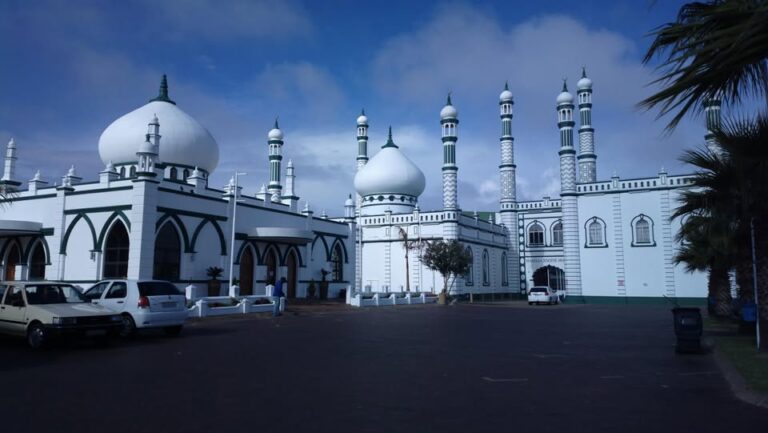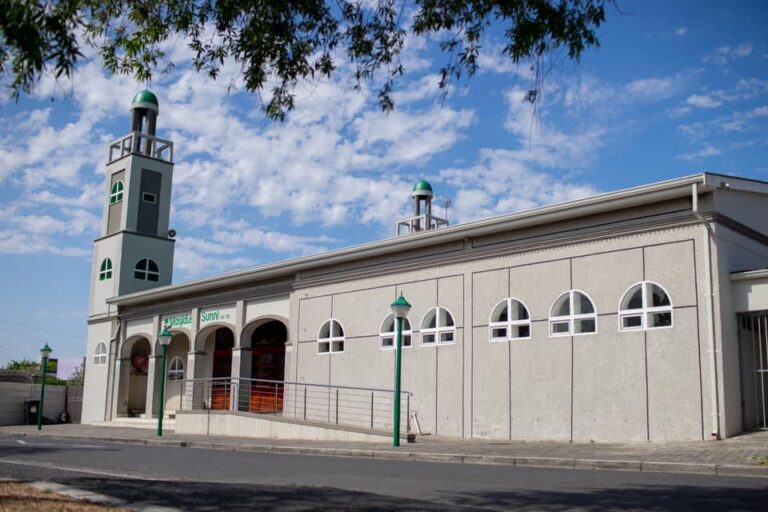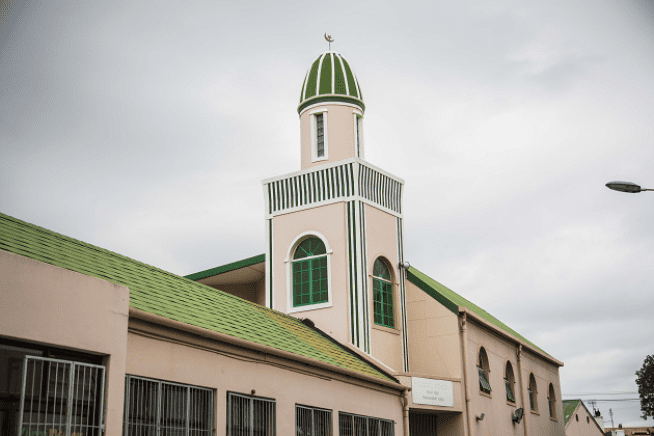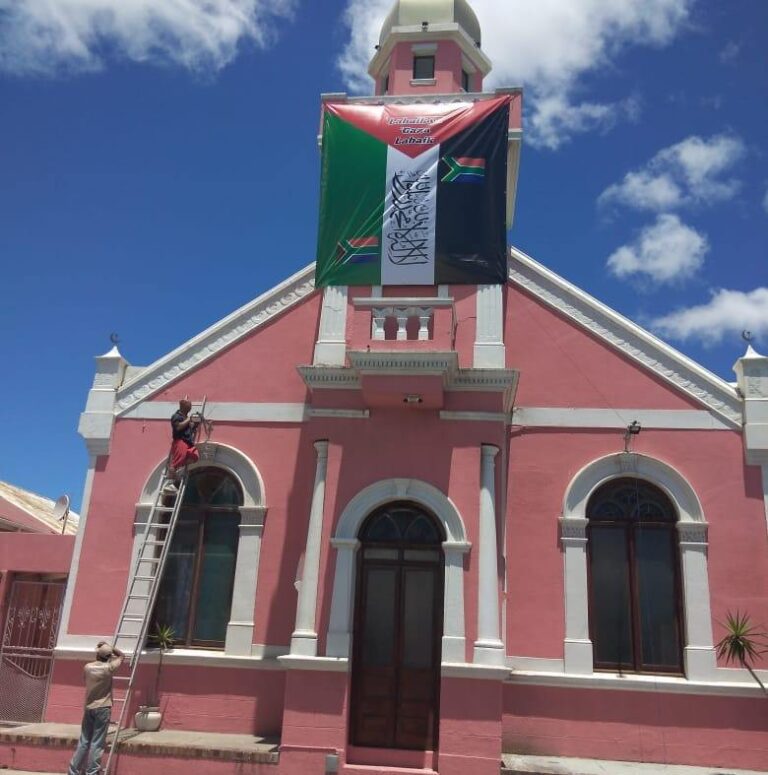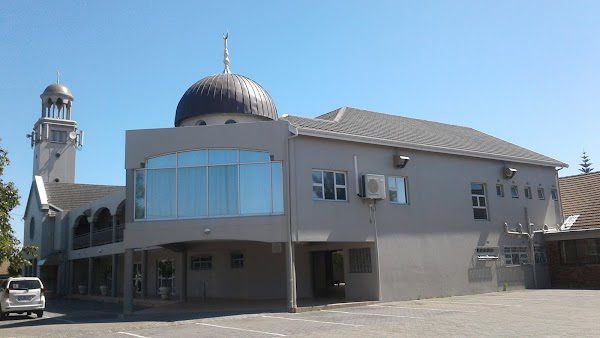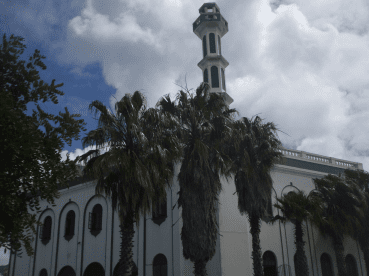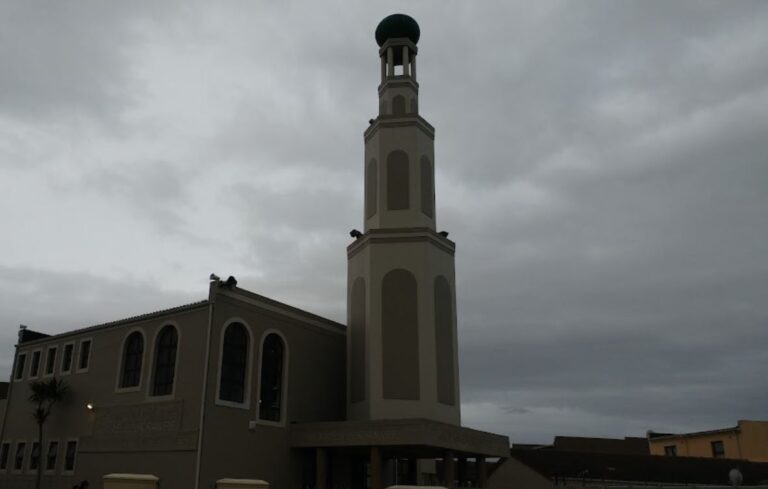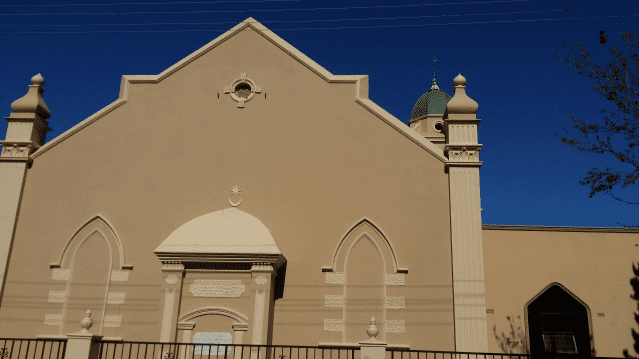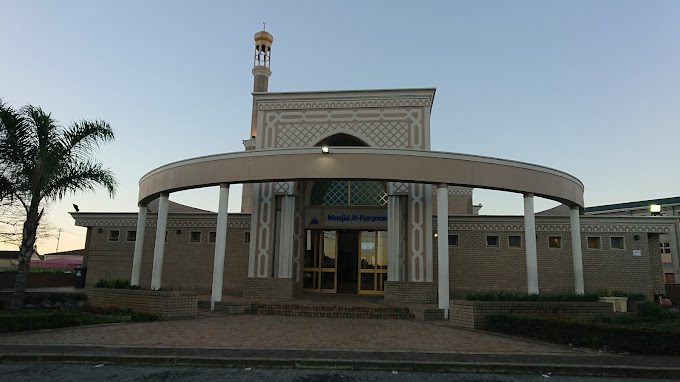The term “Masjid,” which is ubiquitous in Islamic culture and religious practice, has profound meanings both in its lexical and technical dimensions. Derived from the Arabic word “sujood,” which means to prostrate, the term “Masjid” literally signifies a place of prostration. Technically, it refers to a place that is specifically designated for the practice of prayers (Salah) in Islam. This article delves into the deeper understandings of the term “Masjid” and its significance within the framework of Sharia law.
The Lexical Meaning of “Masjid”
Lexically, the term “Masjid” is derived from the Arabic word “sajada,” which means to prostrate oneself. It connotes submission, humility, and complete surrender to a higher authority. The act of sujood, or prostration, is a critical element in the Muslim prayer where the individual bows down in humility and acknowledges the greatness and the might of Allah. Thus, a “Masjid,” as a place of prostration, is an emblem of surrender and submission to the divine.
The Technical Meaning of “Masjid”
In technical terms within Islamic jurisprudence, a “Masjid” is a place specifically designated for Salah, or the Islamic ritual prayer. It is a consecrated space that brings the community together, not only for prayer but also for various forms of worship and communal activities. It is a place that fosters spirituality, communal bonds, learning, and service.
The Relevance of a Masjid in the Sharia
From the perspective of Sharia law, the “Masjid” holds an elevated status. It is seen as a sacred space that should be protected and preserved. Sharia law provides guidelines for the establishment, maintenance, and conduct within a Masjid. It underscores the sanctity of the Masjid, prescribing that it be kept clean and free from any activities that diverge from the worship of Allah. Furthermore, Sharia emphasizes the communal role of a Masjid, encouraging Muslims to perform their prayers in congregation at the Masjid.
A Masjid, therefore, is not merely a physical structure but a vibrant space of worship, community, and learning. It forms an integral part of the Islamic societal fabric, contributing significantly to the spiritual and moral development of the Muslim community. It is a place that facilitates divine communion, fosters a sense of brotherhood, and serves as a hub for Islamic knowledge and wisdom. As such, the relevance of a Masjid within the Sharia is paramount, and it remains a central institution in the Islamic way of life.
